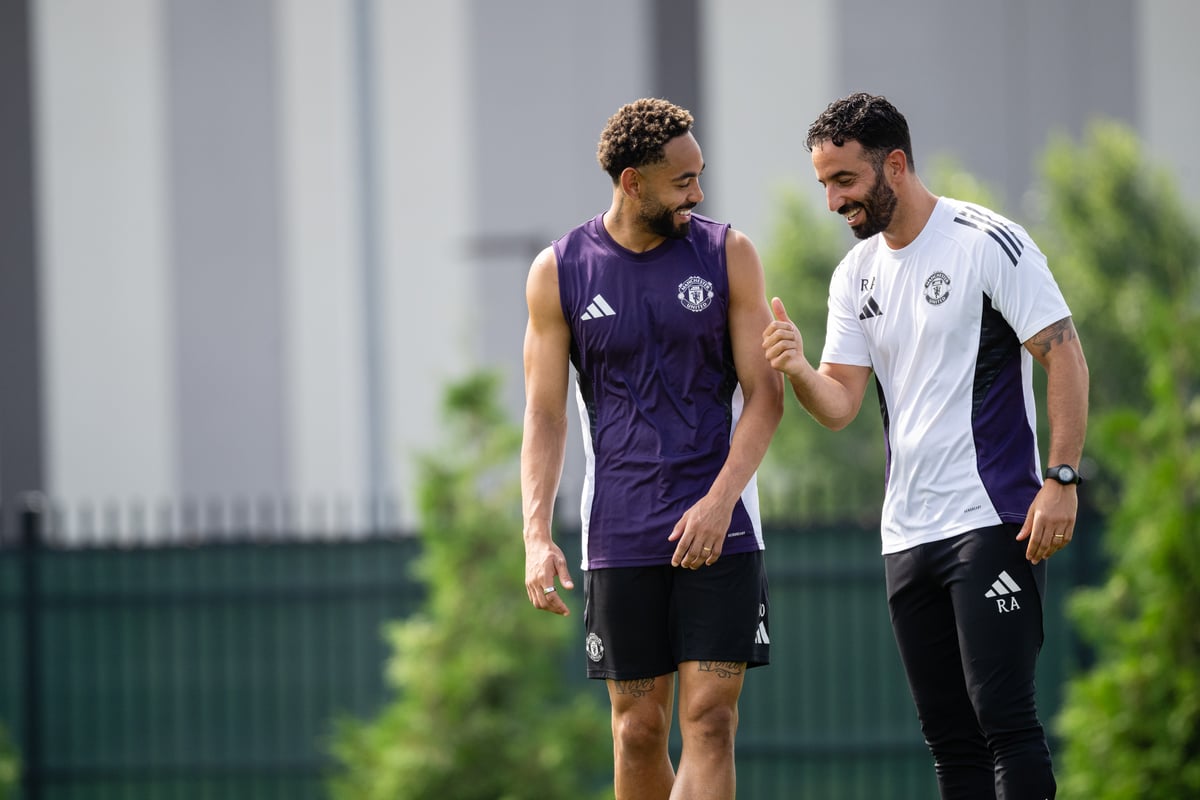Manchester United finds itself in a precarious position as the summer transfer window progresses, with a bold stance on player sales potentially complicating crucial incoming deals and significantly impacting their squad-building ambitions for the upcoming Premier League season.
The club’s management had anticipated a swift movement of several individuals deemed surplus to requirements, expecting these departures to free up significant wage bills and provide capital for new acquisitions. However, nearly a month into their planned pre-season preparations, only a solitary player has managed to secure an exit from Old Trafford, leaving a substantial gap in their financial projections.
While the loan move of a key forward to Barcelona stands to save the club a projected £12 million in wages, this figure represents a saving rather than immediate funds available for investment. Furthermore, the option for a permanent transfer next summer, valued at approximately £26 million, is not mandatory, meaning Manchester United cannot depend on this income stream to bolster their current transfer budget, intensifying their challenges in the transfer window.
A critical misstep by the club was quickly declaring certain players expendable, effectively undermining their own bargaining position in the market. This premature declaration signaled to potential suitors that United was eager to offload these individuals, consequently diminishing any leverage they might have had in demanding fair valuations for their assets, a common pitfall in football news cycles.
Consequently, clubs interested in the available quartet have little incentive to meet United’s initial asking prices. Instead, they have strategically opted to bide their time, anticipating that as the transfer window enters its final month, the Red Devils will be forced to lower their demands significantly to facilitate any sales, putting immense pressure on Manchester United transfers.
While offloading these players, even at reduced fees, might not be catastrophic in isolation, the cascading effect on their incoming transfer business could be severe. Further additions to the squad are intrinsically linked to these exits, meaning a lack of movement on the outgoing front directly constrains their ability to fund and complete new signings, directly affecting their Premier League competitiveness.
With buying clubs holding out until the eleventh hour, Manchester United faces a reduced market for their unwanted players, coupled with increased resistance from potential recruits who may also be aware of the club’s financial constraints and urgency. This scenario leaves United with less flexibility and more arduous negotiations as the deadline looms, making crucial player sales harder to achieve in the current transfer window.
This intricate situation highlights the delicate balance clubs must maintain between signaling intent and preserving negotiation power. For Manchester United, their bold transfer stance has inadvertently created a challenging environment, potentially jeopardizing their summer targets and forcing a strategic rethink as they navigate the complexities of the modern football transfer market.






Leave a Reply